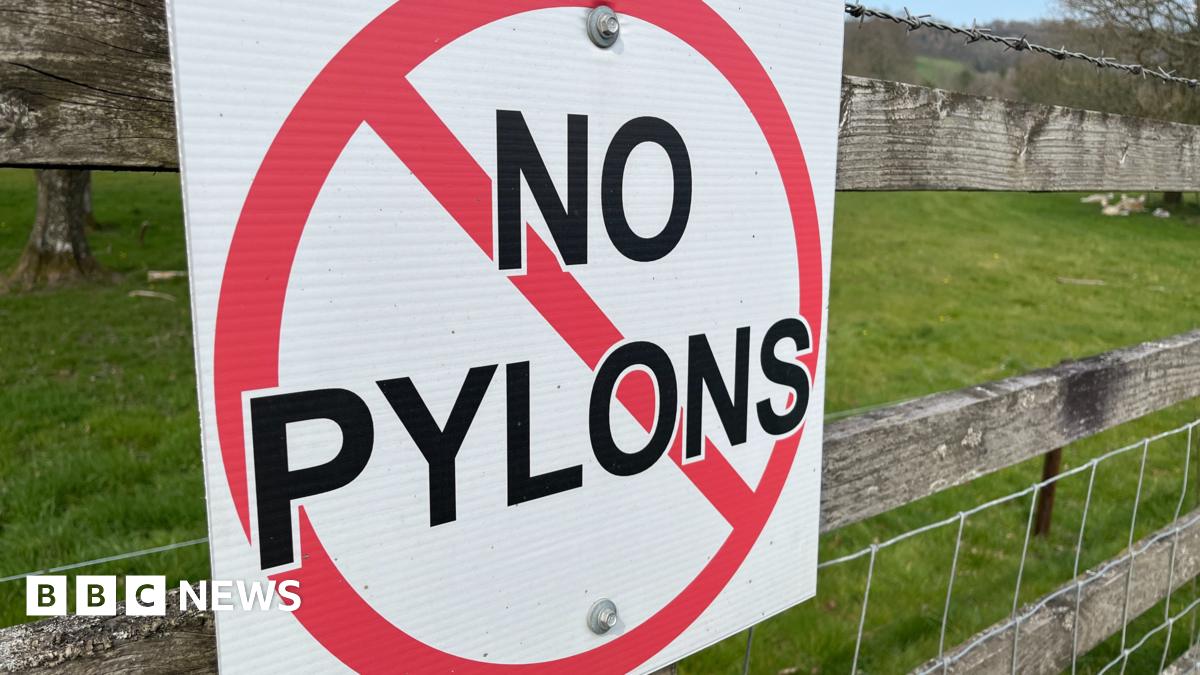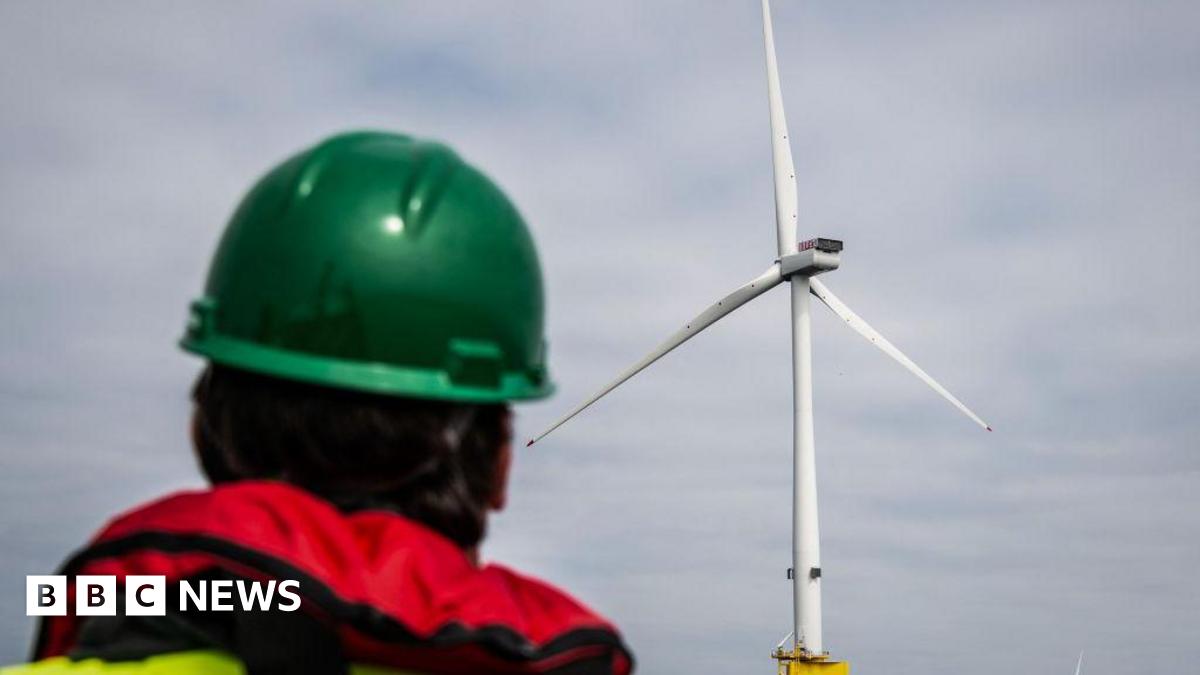It’s not at all like our water system and there absolutely is both a USA national (less Texas) grid and interconnectors between different utilities within each state.
The part you are missing about the USA system because you are reliant on chat GPT is the wider provincial system that exists within the states and how much of their system is devolved.
There is competition between different states and within individual states there is competition between municipalities. The utility companies are generally controlled by their governments and are a part of that competitive landscape alongside tax, housing etc. That’s the point MKW was making.
In essence it’s a completely different way of doing things and energy prices are just one piece of the puzzle.
Interestingly, energy prices in California are quite high but I would hazard a guess that there are a bunch of ‘green’ levies embedded in the price.
The part you are missing about the USA system because you are reliant on chat GPT is the wider provincial system that exists within the states and how much of their system is devolved.
There is competition between different states and within individual states there is competition between municipalities. The utility companies are generally controlled by their governments and are a part of that competitive landscape alongside tax, housing etc. That’s the point MKW was making.
In essence it’s a completely different way of doing things and energy prices are just one piece of the puzzle.
Interestingly, energy prices in California are quite high but I would hazard a guess that there are a bunch of ‘green’ levies embedded in the price.







